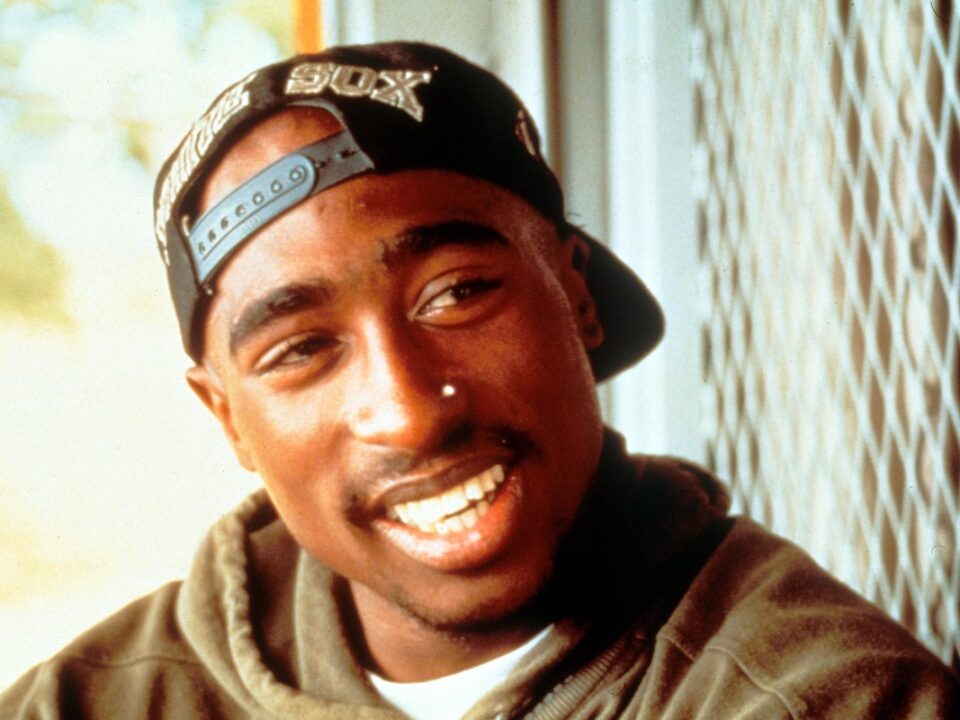Nearly 30 years after Tupac Shakur’s murder, attorneys are saying it’s possible charges can still be filed against a suspect.
Following a recent raid, new information may link prosecutors to a suspect in the Death Row artist’s murder case. Duane “Keefe D” Davis has been talking for year, and his interviews led officials to his ex-wife’s home on Maple Shade Street in Las Vegas earlier this week.
The 60-year-old alleged gang member, whose nephew Orlando Anderson is accused of being the man who shot Shakur, said he thinks there’s evidence that identifies his family member as the killer.
During the search, the police confiscated various items, including computers, iPads, bullet cartridges, photographs, a Vibe magazine article about Shakur and a copy of Keefe D’s 2019 book titled “Compton Street Legend.” In both his book and during a 2018 BET interview, Keefe D claimed he was present in the car with Anderson when he shot Shakur.
The interview took place during a period when public interest in the case was heightened due to the 2018 Netflix true crime documentary series called “Unsolved: The Tupac and Biggie Murders.”
According the Las Vegas Review-Journal, former Clark County prosecutor Frank Coumou believes if the information pans out, someone might go on trial.
“Even if someone may not have pulled the trigger, but acted as a co-conspirator in agreement to commit a felony … that person could be charged equally as a co-conspirator for murder,” Coumou, now a local defense attorney who used to work in the county’s district attorney’s office, said.
Under Nevada law, there’s no statute of limitation on homicides. Defense attorney Josh Tomsheck noted merely supplying a firearm with the knowledge it will be used in a killing can lead to murder charges.
Conspiracy charges must be filed within three years per state law. Any charges related to the incident will probably be presented through a grand jury indictment. Tomsheck further emphasized that recorded statements from witnesses or suspects can serve as evidence regardless of the time that has elapsed since the killing.
He said, “There’s a reason why those of us who defend people accused of crimes or in criminal investigations tell them not to make statements.”
